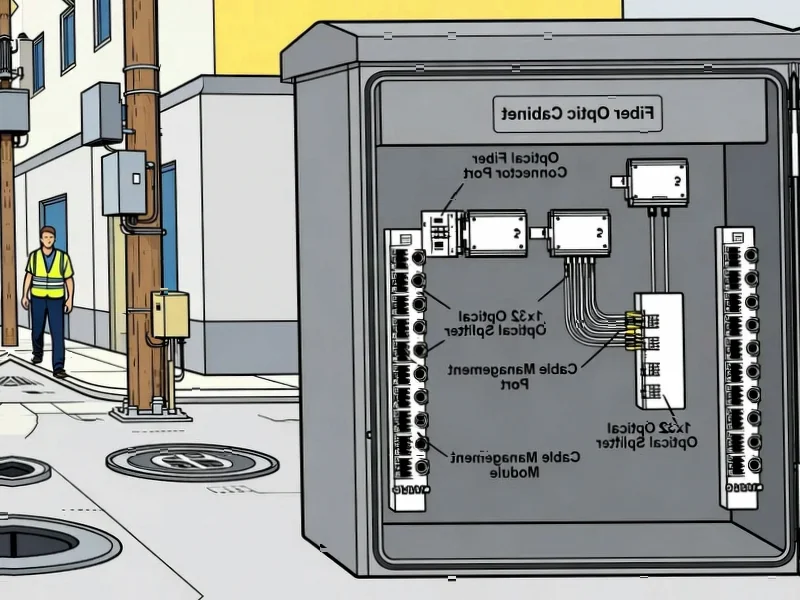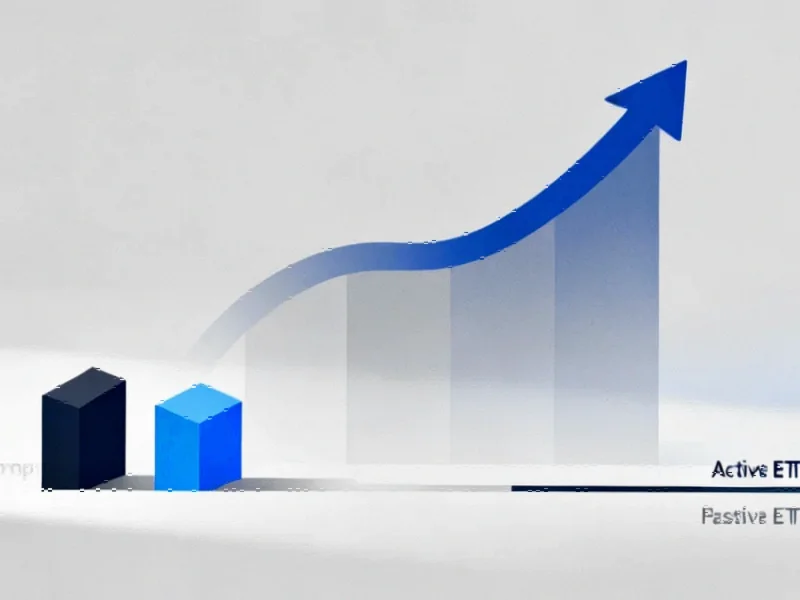According to SpaceNews, Astroscale has eight missions planned over the next three years across multiple government agencies including JAXA, the U.S. Space Force, ESA, and UK Space Agency. The company recently demonstrated close-proximity operations by sending its ADRAS-J spacecraft within 15 meters of a Japanese rocket upper stage. Next year, Astroscale will attempt to grab a OneWeb broadband satellite for removal and refuel two U.S. Space Force spacecraft in geostationary orbit. The company has expanded from its original 2013 focus on low Earth orbit debris cleanup to establish subsidiaries in the UK, US, France, and Israel. Revenue is now coming in from all these mission lines as the on-orbit servicing business accelerates significantly from just a couple years ago.
The push toward autonomous space operations
Here’s the thing about operating multiple missions simultaneously – you can’t have teams of 20 people monitoring each one 24/7. Astroscale’s COO Chris Blackerby made it clear they’re pushing hard toward automation, especially for critical maneuvers like the ADRAS-J mission where they had to hand control over to the spacecraft itself when it got within certain distances. They’re collecting real-world data from these early missions to train AI and machine learning systems that will eventually reduce the human workload. But they’re walking a careful line – they still want to “keep a lot of people employed to build the hard stuff” while automating the routine monitoring. It’s a classic tech transition we’ve seen in other industries, now coming to space operations.
The global strategy behind multiple subsidiaries
Astroscale’s expansion into five different countries wasn’t originally about sovereign capability demands, but that’s becoming a huge advantage. Blackerby admits it’s actually less efficient from a pure business perspective – centralized manufacturing would be cheaper. But having separate entities in the US, UK, France, Japan, and Israel means they can work with government customers who want domestic solutions while still sharing knowledge across “allied nations.” Basically, they’re positioning themselves as both the sovereign solution and the connective tissue between allied space programs. Given current geopolitical tensions, that’s a pretty smart play. They’re building redundancy into their operations while maintaining the ability to collaborate where it makes sense.
When debris cleanup meets space security
Let’s be real – the capability to identify, approach, and dock with “noncooperative objects” in space has obvious dual-use applications. Blackerby acknowledges this directly, saying you can’t have sustainability without security first. The technology they’re developing for debris removal could easily be applied to inspection of other satellites or even, in theory, disabling them. But Astroscale seems to be handling this carefully by focusing on allied nations with similar geopolitical interests. They’re not trying to hide the dual-use nature – instead, they’re framing it as necessary for creating a secure orbital environment before we can achieve a sustainable one. It’s a pragmatic approach to an uncomfortable reality in the space sector.
When does this become a real business?
Right now, Astroscale’s revenue is coming from government contracts, and Blackerby admits that continued government demand is essential to prove capabilities and drive down manufacturing costs. The big question is when commercial customers will jump in. The answer seems to be when they can hit a “viable price point” and demonstrate reliability and safety. We’re seeing the classic government-led technology development playbook here – similar to how GPS or the internet started. Government investment builds the foundation, then commercial applications follow once the tech is proven and costs come down. With eight missions in three years, Astroscale is rapidly building that track record. The space servicing market might actually become a real business sooner than we think.




